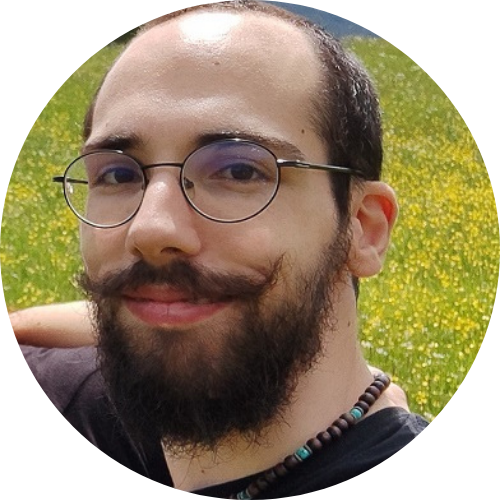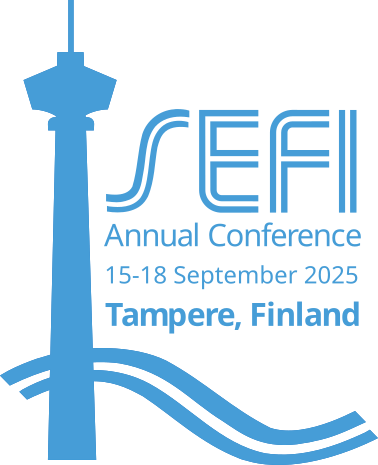During the first week of November 4-10th November, took place the 69th ESTIEM Council Meeting…
Alessio Gerola, Wageningen University, The Netherlands

When I started studying philosophy of technology at the University of Twente, none of the mandatory course readings engaged with perspectives outside of the Western philosophical canon. At the time I was still discovering the academic side of East Asian philosophy, by sneaking into and eventually presenting at Japanese philosophy conferences. My professors and classmates of the time must still remember the (likely annoying) frequency with which I was bringing up Nishida Kitaro during class discussions. At the beginning I felt quite isolated in this endeavor. Then, I found out that Andrew Feenberg had already studied Nishida extensively in connection with the questions of modern technology. I was actually following in the footsteps of reputable trailblazers.
Now, less than five years later, the same people I was pestering with my non-Western inclinations have managed to bring together an outstanding group of philosophers of technology, ethicists, and scholars from all over the world engaged in different traditions of thoughts. Buddhism, Confucianism, Daoism, Ubuntu traditions, indigenous perspectives, Islamic thought, the sheer range and diversity of the contributions was staggering and extremely rewarding. This is all I could have dreamt of as an eager student of philosophy. Giving space and voice to people and discourses traditionally marginalized in mainstream philosophical debates is of crucial importance to broaden our perspectives, enrich our vocabulary, and inspire more inclusive visions of our technological futures. And as we become more and more acquainted with concepts and theories from outside Western philosophy, we begin to bridge traditions and problems across cultures, spotting our own theoretical and ethical blind spots and constructing more comprehensive approaches.
I think the recent “Intercultural Ethics of Technology” (IET) conference managed to achieve just that. The two keynotes by prof. Beatrice Okyere-Manu and prof. Jin Y. Park set perfect examples of the kinds of fruitful dialogues philosophy of technology needs between East and West, North and South. And all the panels and parallel sessions represented the success of these joint efforts. I hope for this trend to continue, that more and more scholars in non-Western traditions join the conversation on technology so that we may begin to formulate allied strategies to tackle the unequal distribution of technological impacts. I want to encourage my colleagues to be curious and seek ways to understand and account for the incredible diversity that has inhabited and inhabits the world. As the problems we face today come to us from our political, cultural, and technological past, cross-pollination and dialogue are the best weapons we have to challenge our assumptions and advance together.
